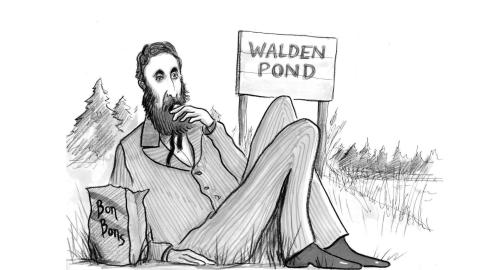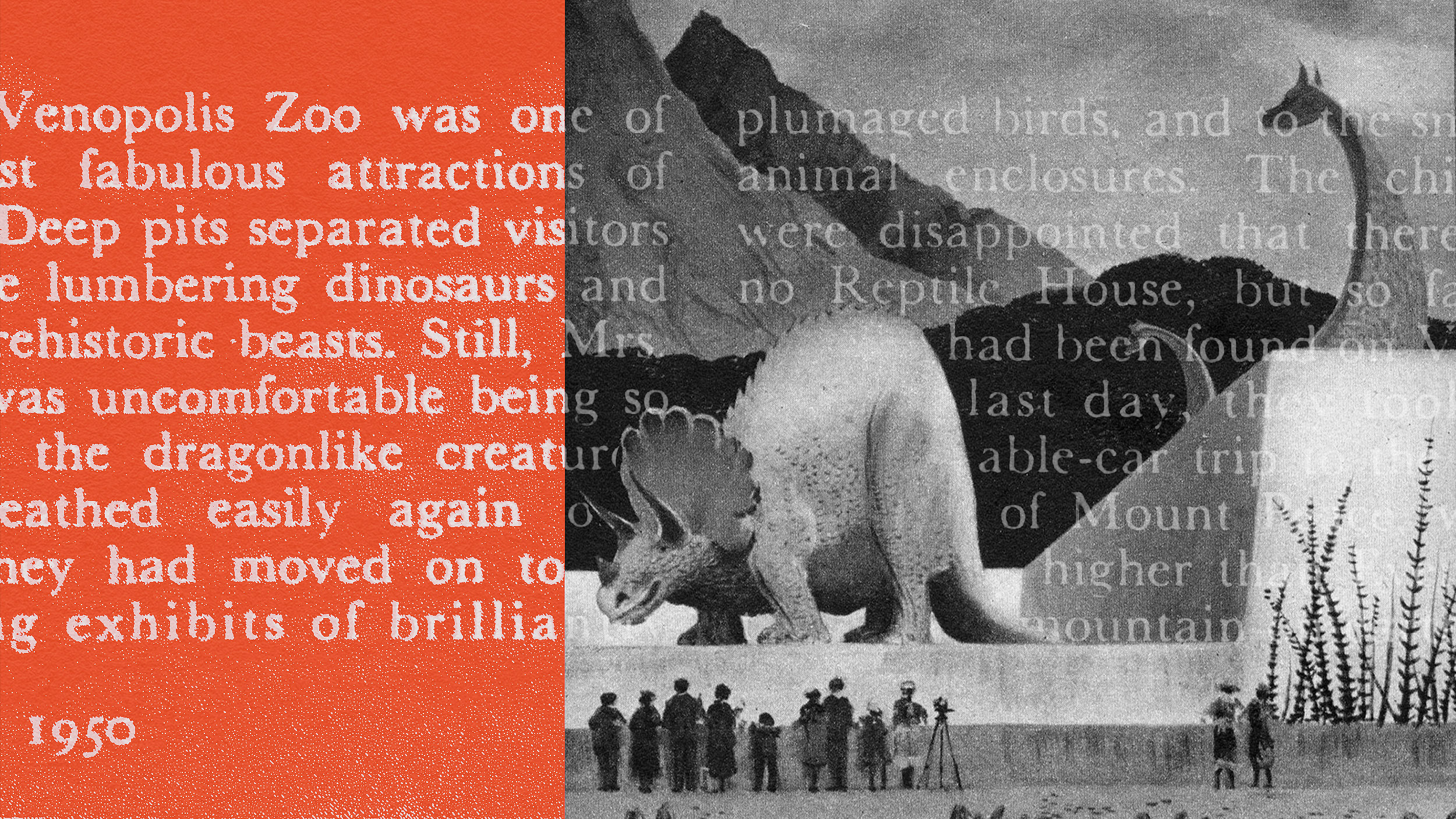How Free Can We Be?

How free can we be? An American icon’s flaws provide clues.
1. Kathryn Schulz says Henry David Thoreau is a key American hero. Though “more revered than read,” his ideas about nature and “rugged individualism” remain influential.
2. But Thoreau preached at others “to live as he did not,” e.g. hiding regular “isolation” breaks for company and his mom’s cookies. Anyone whose “deepest desire …is to turn his back on” others makes a poor “moral paragon.”
3. Thoreau’s (cookie-challenged) self-restraint offends Schulz, feeding an “irrational equation … between eating habits and moral worth.” Morality aside, dietary self-restraint is a very rationalvirtue/skill. None are free from food’s biochemical karma — its long-term logic is biologically built in. A self-denial epidemic = unlikely. Comparing gun control vs. food-fun-control annual US deaths = ~1.3 percent vs. ~20 percent.
4. Schulz wittily mocks Thoreau’s frugality, “No … theology holds … the road to hell is paved with doormats.” But many paths to a more hellish planet concretely build on anti-frugality (see “musical toilet” madness). Lifestyles (personal and national) dedicated to ever-increasing consumption may present greater systemic dangers than being Thoreau-ly miserly.
5. For Schulz, Thoreau’s key failing isn’t his contradictoriness (life itself often “isn’t consistent”; we’re weak-willed, often inconsistent, see Maxims vs Maximization); it’s that he lived a “complicated life but pretended to live a simpler one.” Contradictions can be, like lies, sometimes unavoidable — what counts is who’s foreseeably harmed — see Kant’s knocking murderer dilemma.
6. Thoreau’s “narcissistic” fantasies fuel desire for an unworkable kind of liberty. Justice Stephen Breyer’s “Active Liberty” describes two main kinds of liberty — freedom to, and freedom from. “Ancient liberty” sought freedom to engage in civic self-rule. “Modern liberty” focusses on freedom from interference. Breyer fears Thoreau-like Americans see liberty too self-servingly in isolationist terms.
7. Isolationist impulses seesaw through history. Ancient Greeks believed civic disengagement was idiotic/immoral, but later groups (e.g., Epicureans) sought walled-off havens. Jean-Jacques Rousseau decried civilization’s ills. Alexis de Tocqueville believed Americans once understood enlightened self-interest— even “hell is other people” folks can’t thrive free from what commonwealths provide.
8. Thoreau’s “rebellion against societal norms” appeals to a kid’s-eye view of adulthood = autonomy. But adulthood’s increased autonomy frees none from needing others or from social/civic ties/duties (even if only for company + cookies + their economic ingredients).
9. Schulz says Thoreau’s isolationist impulses are what make him a “convenient national hero.” He ennobles and thus enables our own moral myopia. She echoes Breyer’s concern about selfward-looking lifestyles and asocial values.
10. Artists’ rare skills grant their beliefs and quirks enormous influence (e.g., the artistic rule of cool-rule-breaking can, in life, be sometimes useful, sometimes ruinous). Writers especially can love atypical solitude, e.g., Marilynne Robinson says, “Nothing is more human than a book” — except perhaps almost all humans (+ see is art killing adulthood?).
Pursuing what we can’t be free from seems unwise. Only the immature/arrogant/ignorant think themselves free to ignore their biology and their inalienable economic/social/political ties.
The symphony of life must orchestrate many selves and others. Desirable liberties and rights depend on harmonizing duties. And on needism.
Illustration by Julia Suits, The New Yorker cartoonist & author of The Extraordinary Catalog of Peculiar Inventions





